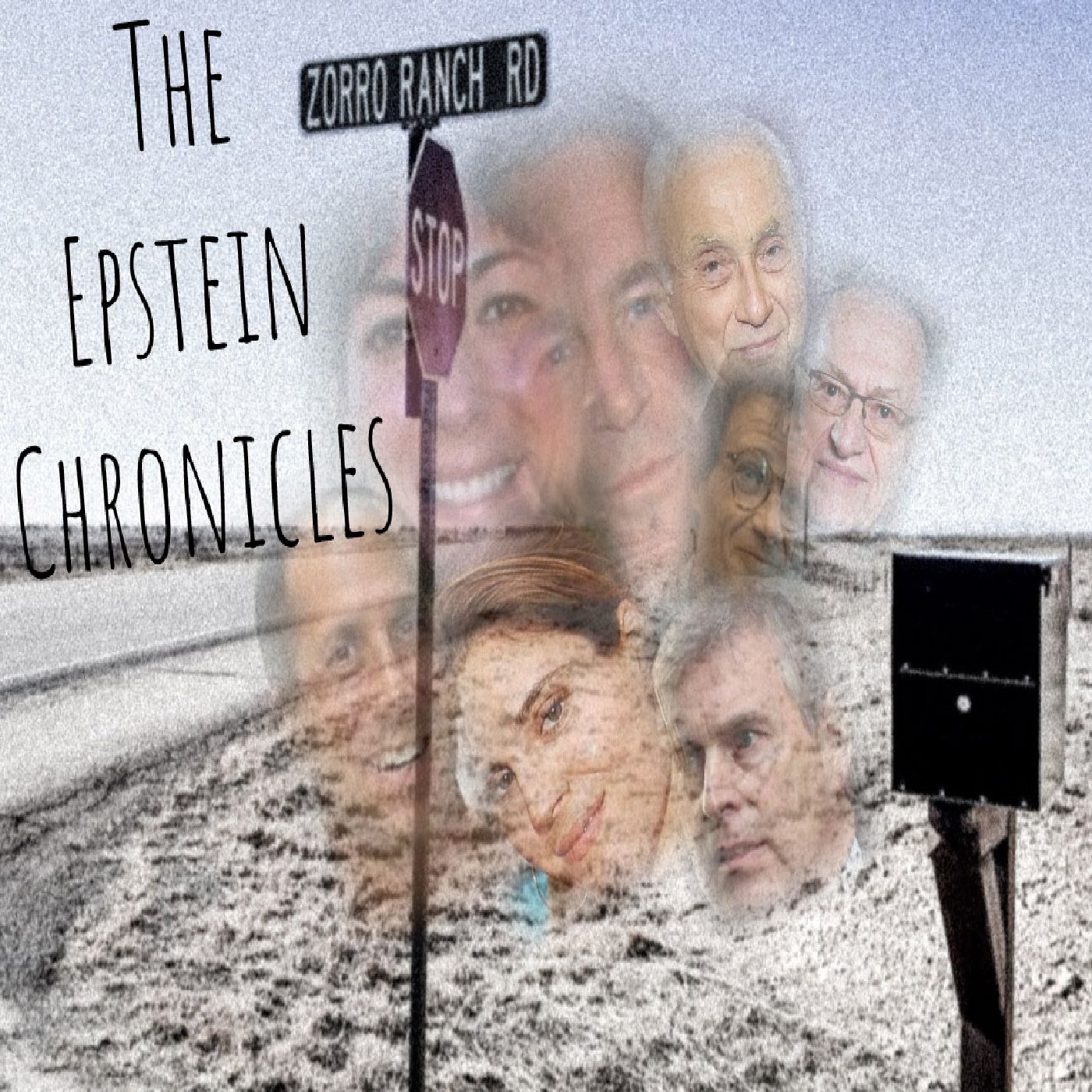How Corruption And Fading Hope For A Future Is Driving Cartel Violence In Mexico (8/31/23)

Corruption and a lack of jobs are significant factors contributing to cartel violence in Mexico. Here's a summary of how these elements are interrelated and fuel the ongoing violence:
- Corruption:
- Police Corruption: Mexican law enforcement agencies, including local police and federal authorities, have often been infiltrated by drug cartels. Corrupt officials protect cartels by providing information about law enforcement operations or turning a blind eye to their activities.
- Political Corruption: Cartels often bribe politicians, judges, and government officials to ensure their operations continue without interference. Corrupt politicians may also use cartels to eliminate rivals or maintain power.
- Judicial Corruption: The lack of a fair and effective judicial system contributes to cartel violence. Cases against cartel members may be mishandled or delayed, leading to a culture of impunity.
- Economic Impact:
- Lack of Jobs: Mexico faces high unemployment rates, particularly among its youth. This lack of employment opportunities can drive individuals to seek income through illegal means, including joining drug cartels.
- Informal Economy: Many regions with high cartel violence have limited access to formal employment, pushing people into the informal economy, where cartels often recruit foot soldiers.
- Violence as a Business Strategy:
- Cartels use violence strategically to control territory, intimidate rivals, and protect their drug trafficking routes. This violence can also deter government intervention, maintaining their drug trade operations.
- Economic desperation makes it easier for cartels to recruit members willing to engage in violent activities in exchange for money, which perpetuates the cycle of violence.
- Migration:
- The violence and economic hardships driven by cartels often lead to mass migration from Mexico to the United States. This, in turn, can disrupt communities, weaken the labor force, and contribute to the cycle of poverty and violence.
- Government Response:
- The Mexican government has struggled to combat corruption effectively, despite efforts to reform law enforcement and the judicial system. This has hindered the government's ability to address cartel violence.
- Efforts to create job opportunities and alleviate economic hardships in cartel-dominated areas have often been insufficient, leaving many communities trapped in a cycle of violence and poverty.
(commercial at 12:29)
to contact me:
bobbycapucci@Protonmail.com
CJNG members describe what led them to a life with the Mexican cartel (courier-journal.com)
This show is part of the Spreaker Prime Network, if you are interested in advertising on this podcast, contact us at https://www.spreaker.com/show/5003294/advertisement